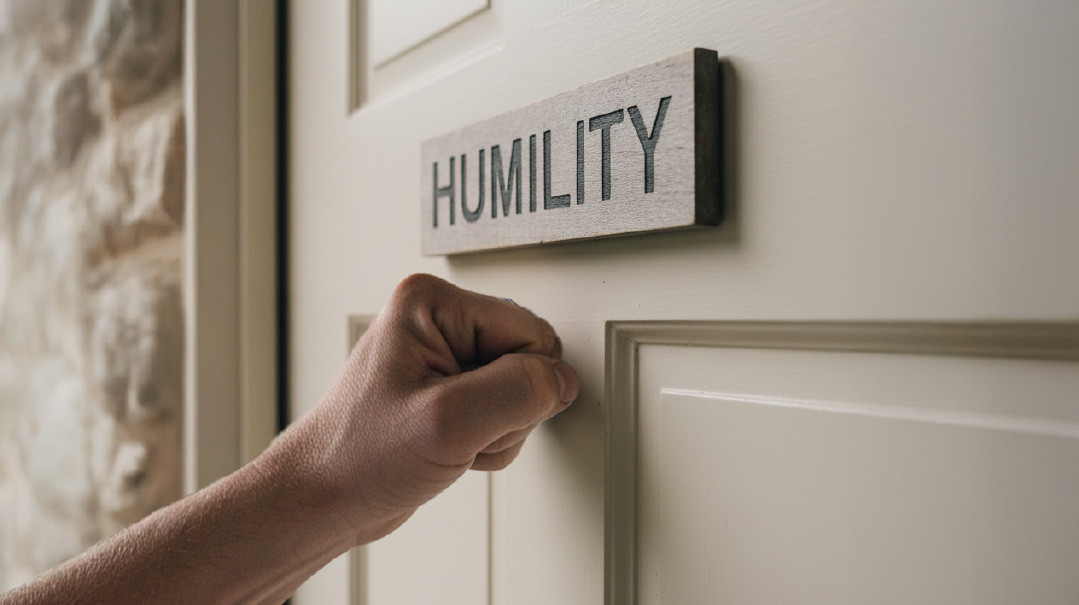The Paradigm
| August 20, 2024Anti-Semitism is an emotion tied to the perception of a Jewish threat that does not exist

PHOTO: SHUTTERSTOCK / SHEILA FITZGERALD
SO much for the anti-Semite. Now, one word about his target, the Jew. Is the Jew worse off since October 7?
The second of the two words that characterize the anti-Semite, after paranoia, is confusion. The Jews are “rootless cosmopolitans,” yet the Jews are “capitalists.” Jews have no roots, yet Jews are at the core of society. Confusion is especially rich in 2024. In Gaza, Israelis are the defenders, yet Israelis are the aggressors.
Confusion, as the second term befitting the anti-Semite, originates in the second verse in Balak’s story (22:3): “And Moab was disgusted in the face of the Children of Israel.” Disgust is an emotion. Disgust does not lend itself to rational analysis. Disgust lashes out in different and contradictory directions. Jews are demeaned for not picking up arms, for (enemies say), “They went like sheep to the slaughter” in the Holocaust; yet Jews are demeaned today for doing exactly the opposite, for taking up arms in their self-defense. Confusion. Disgust. Contradictions.
Is the target of this paranoia and confusion — the Jew — worse off today? Has anti-Semitism dramatically increased? Some say it has. Others say it was there all along, but now is coming out. Which is it?
I cannot resolve that debate, but I can illuminate it with an incident, at once delightful and decisive, in the life of Rav Chaim Soloveitchik (1854–1928), the founder of the Brisker method of Talmud study. Before he became the Brisker Rav, Reb Chaim was the junior rosh yeshivah in the famous Volozhin yeshivah, where his grandfather-in-law, Rav Naftali Zvi Yehudah Berlin (widely known as the Netziv), was the senior rosh yeshivah.
One day, he notices that the Netziv is disturbed. The Netziv relates that every year he must submit a list of the yeshivah’s students to the governor in Vilna. The authorities suppress Torah study, allowing only a small number of students, but the number in Volozhin is much greater.
The Netziv tells Reb Chaim that he has never worried about this before because the governor could always be bribed. But now there is a new governor, who can’t be bribed. The list is due in the fall. Now it is summer. The Netziv says he just can’t figure out what to do. He needs to protect the yeshivah, yet he can’t delay any longer.
Reb Chaim says, “Don’t worry. I’ll take care of it. Just give me the list.”
Reb Chaim travels to Vilna. He dresses in his heavy winter clothing. Thick fur hat. Heavy overcoat. It is the middle of the summer, boiling hot. Reb Chaim enters the governor’s office, who looks at him and laughs. He asks why Reb Chaim is dressed this way.
Reb Chaim says he had a dream in which his grandfather told him it’s going to snow in Vilna. The governor laughs and says he’ll wager Reb Chaim 25 rubles that it won’t snow. Reb Chaim accepts the wager.
Of course, it doesn’t snow. So Reb Chaim sends an envelope to the governor with 25 rubles. The next day he delivers the list, without incident.
Many ways to execute a bribe, he says, upon his return to Volozhin.
What do I see from this story?
I do not know whether anti-Semitism is worse now than in earlier times (obviously not counting major calamities like the Holocaust). But I know this: In earlier times, anti-Semitism was expected. Its ubiquity was built into the Jewish psyche. Anti-Semitism was assumed. Of course a Jew had to bribe and cajole and maneuver in order to function.
In America, Jews did not need to feel this way, but now, at least to an extent, Jews do. That is what is unquestionably new. After October 7, Jews look over their shoulder.
Jews wonder where the next anti-Semitic outburst is going to come from. Jews wonder which public official will make a blatantly anti-Semitic statement. Jews wonder which campus will witness its Jewish students discriminated against, dehumanized, or even assaulted. Jews wonder whether Josh Shapiro, governor of Pennsylvania, was not taken as Kamala Harris’ candidate for vice president because he is Jewish.
At least in America, Jews no longer feel at home in the same sense they once did. For some 60 years, the shul I daven in had no security. None. Now it has a tall steel fence surrounding it and an armed policeman on Shabbos and Yom Tov.
Why?
Because anti-Semitism is driven by an emotion of disgust that makes no sense, has no logic, and is now very visible.
Anti-Semitism is an emotion tied to the perception of a Jewish threat that does not exist.
Balak was the paradigm.
Rabbi Hillel Goldberg is the editor and publisher of the Intermountain Jewish News, for which he has written a weekly column, “View from Denver,” since 1972, and the author of numerous seforim about the mussar movement and other subjects. His column will appear once a month.
(Originally featured in Mishpacha, Issue 1025)
Oops! We could not locate your form.







